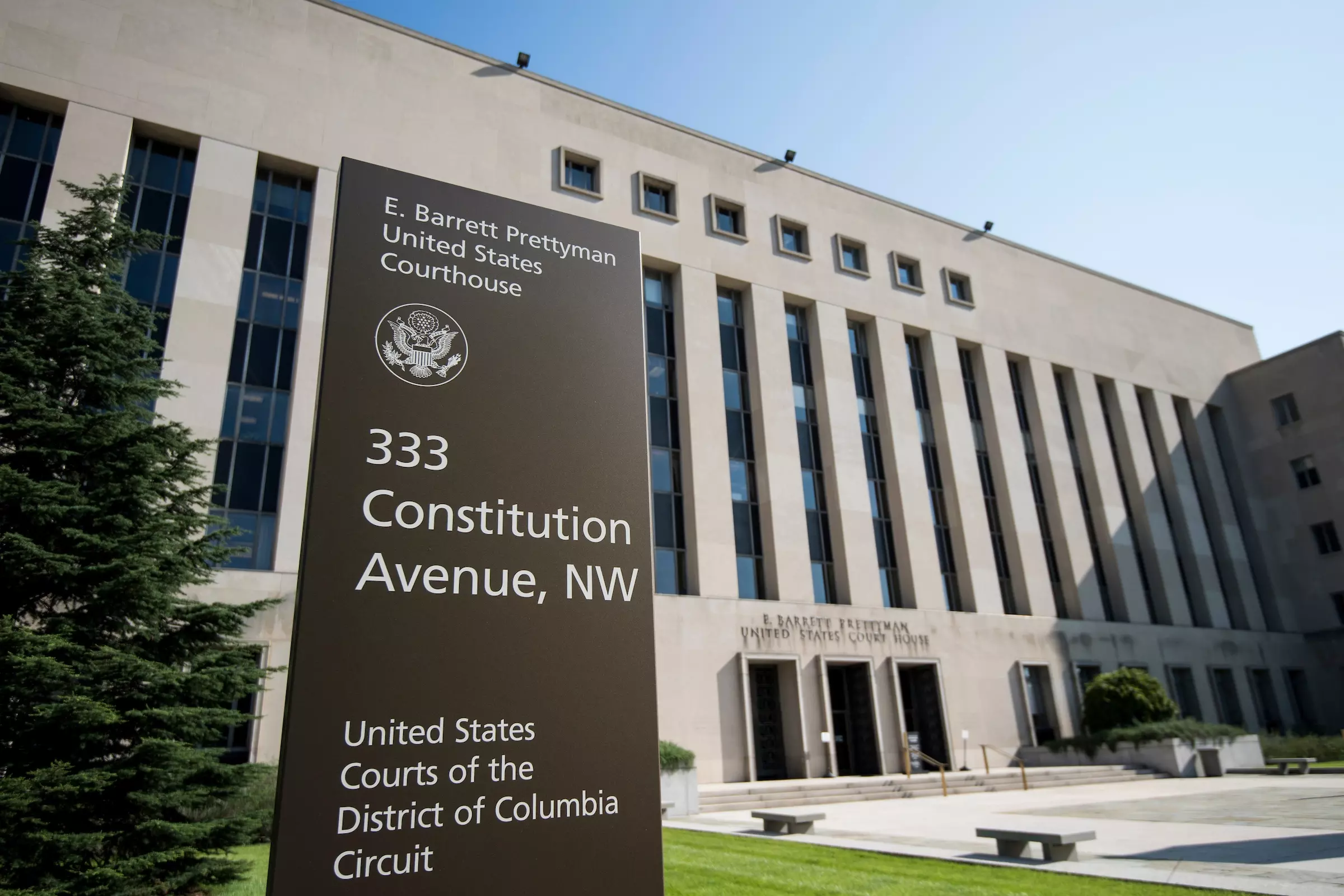A US District Judge has dismissed a lawsuit filed by the Hindu American Foundation (HAF) alleging defamation by five defendants. The lawsuit was filed in the District Court of Columbia against co-founders of Hindus for Human Rights (HfHR) Sunita Vishwanath and Raju Rajagopal, Executive Director of Indian American Muslim Council (IAMC) Rasheed Ahmed, Chairman of Federation of Indian...

